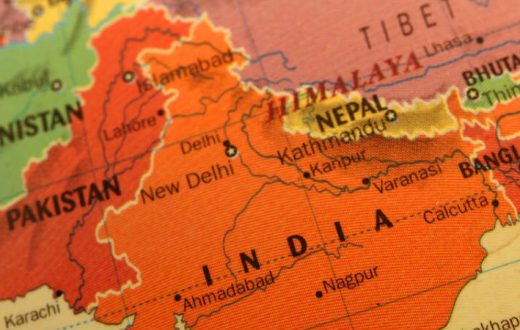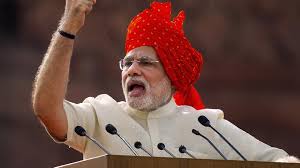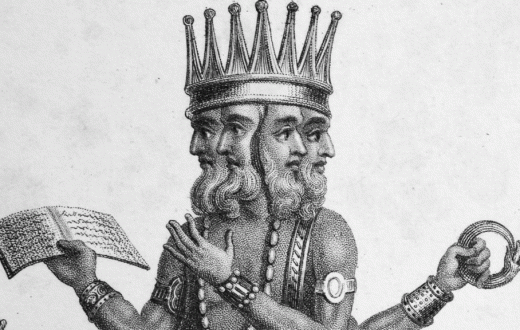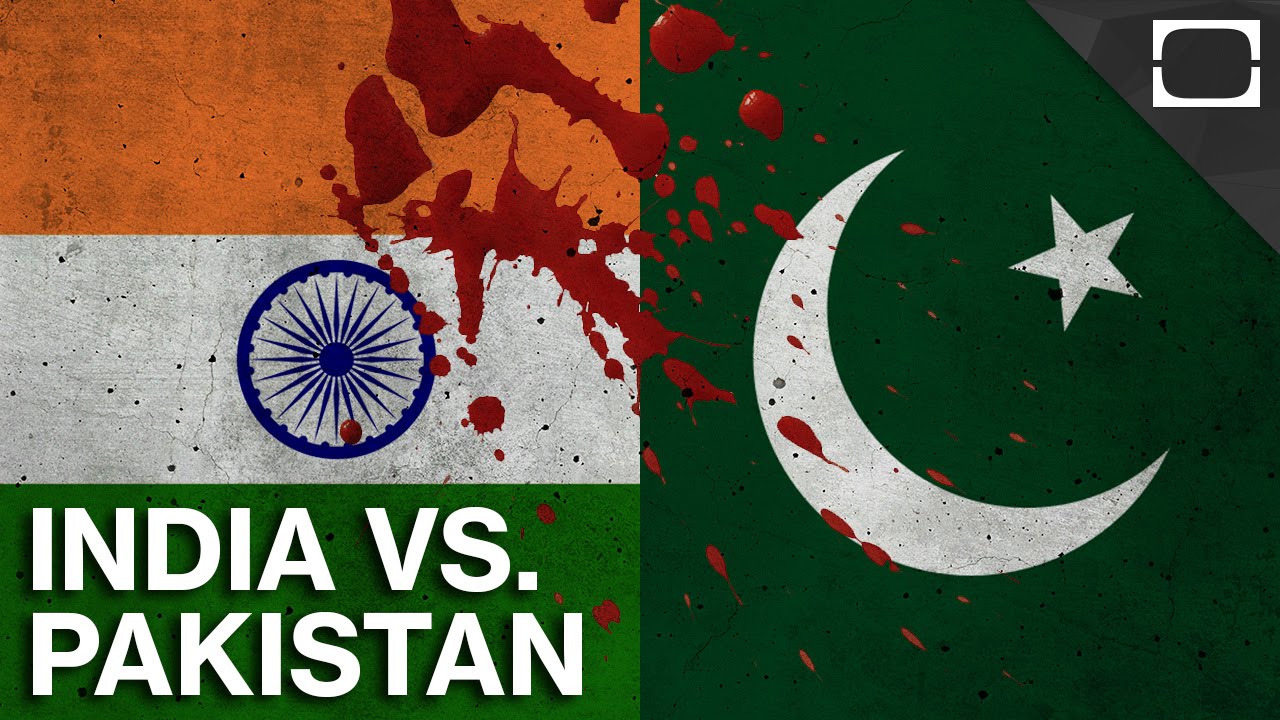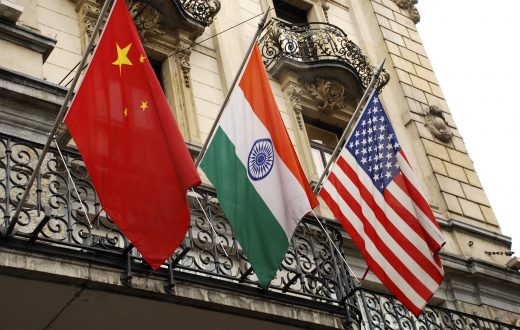A healthy obsession with education, an ambitious energy plan, a respectable GDP, a big territory rich in natural resources and a huge hope for progress, have all positioned India in the analysts’ favorite prediction to be a world potency since more than two decades ago; but religious and cultural traditionalism are cutting off the incredible potential of the nation.
India’s efforts on educating its population in the last two decades has brought the country to a fast growing pace in development and economy, and it seems that these efforts are being continued by Mohdi’s open-arms policy to the external world. But a few things are drawing the nation back.
A big part of the Indian Subcontinent has a widespread mental underdevelopment problem, which is a common phenomenon that roams around 3rd world countries like mine: usually blaming previous colonizers or world potencies for its problems.
Though the overall status of women in India has widely improved over the past two decades, in some parts of India the status of women is still drawn back. Basically, unlike in big modern cities like Mumbai, Bangalore or Delhi, a commonly found mentality in, for example, the Malappuram District of Kerala, is one that combines the worst of the right (religious traditionalism) with the worst of the left (full collectivism against private property and foreign investment). The latter mentioned is proudly associated with the Country’s constitution, which clearly declares India a socialist republic, excluding every other ideology from it.
In India, the percentage of working women fell from 37% in 2004-05 to 29% in 2009-10. In 2011-2012, women comprised 24.8% of all rural workers, lower than the 1972-73 statistics of 31.8% according to
catalyst.org. The reason why is not because women do not want to work, but rather due to the still prevailing traditional gender norms. In Pakistan, the northern neighbor country, women make up only the 28% of the working force: The Taliban has even frightened girls from going to school in certain areas.
So where does Anti-Semitism take place in all this?
Fear and hate to the unknown is not a rare phenomena. Although Jews have a long history in India, according to the 2002 Census, only about a hundred Jews lived in that time in the whole state of Kerala, so it is likely for an Indian, specially one from the previously mentioned state and particularly a young citizen, to never come across a Jew. It is not rare for libraries all over India and Pakistan to show Mein Kampf proudly in their shelves. It is also unsurprising to find some unedited versions available in school libraries. I even came across a store called “Hitler” decorated with a big Nazi Swastika (not to be confused with the Hindu Swastika).
Though India and Israel have a continuous cooperation in many military and energetic programs, the image of Israel is pretty much still seen by a big part of the population as the country of pure evil. This is not a simple anecdotal claim, but a fact stated by GlobeScan about the image of Israel in the world.
But Subcontinental Indian antisemitism, which is not part of the entire population yet still exists, doesn’t come lonely. It is usually accompanied by, very ironically, a Marxist discourse. The irony coming from Marx’s ethnic background, of course – Marxist anti-semitism can be found not only in Subcontinental India, but in many western countries.
In a large part of Kerala, the beautiful and rich in nature state in the southwest of India, there is abundant support to the communist party, which is of course, completely Anti-West, which makes the historic support of the United States to Israel a reason for the existence of anti-semitism in this area.
Conspiracy theories are commonly spread in the least developed towns, just like Malala Yousafzai points out in her autobiography about a tale she grew up with in Pakistan that tells that
9/11 was orchestrated by the Jews and even assure no Jew showed up to work that day in the World Trade Center.
Pakistan, still condemned to terror attacks orchestrated by The Taliban, does not seem to be able to address the core problem. As the government fights the extremists in the battlefield, it does not stop feeding the mentality that creates them: Even politicians include in their discourse the blaming of India or the US for every single of its disgraces. To respond to events such as natural disasters they would always find a way to blame it on the HAARP conspiracy.
The more underdeveloped a geographical area is, the more conspiracy theories will be popular, as access to formal information is lacking as much as the demand for sources.
In Kerala, I could actually witness children growing up to believe the phrase some troll put up in the Internet with the background image of Hitler “I did not kill all the jews so that the world would know in the future why I wanted to kill them”.
In short, one of the roots of anti-semitism, and probably the most common cause of it, is closely associated with Marxist populist discourse, as well as a lack of information about the Jewish people.



